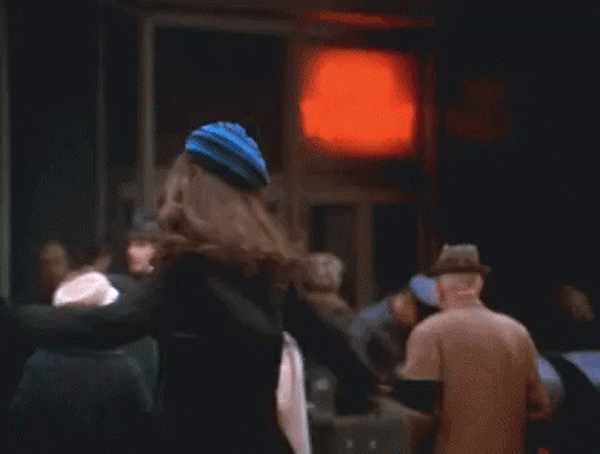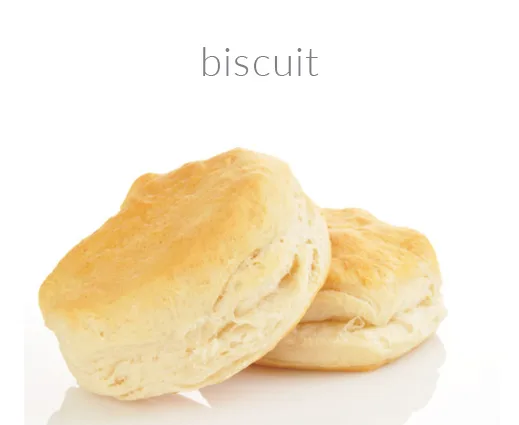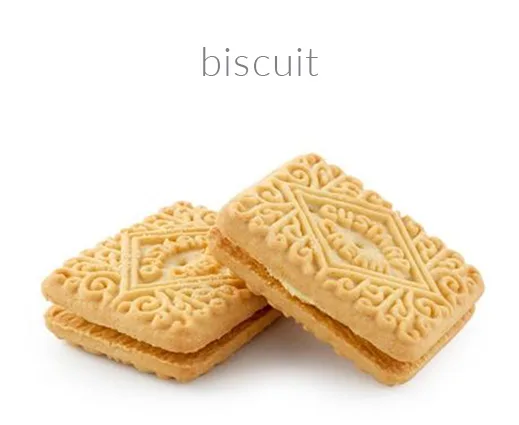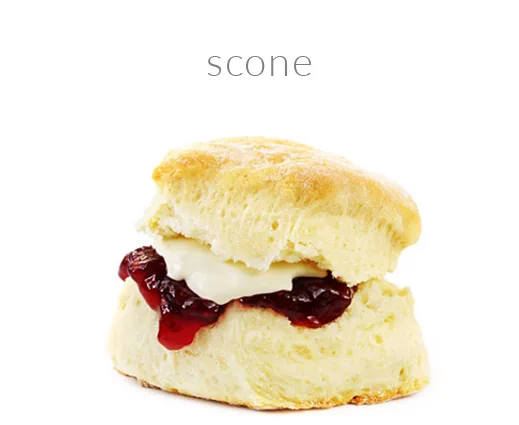February 16, 2024
In
American Copywriter, Copywriting, Copywriting Blog
An American Copywriter in London

Fitzrovia. 1991.
My boss at my first London job is showing me around. “Lou’s in there,” she says, pointing to double doors. I picture Lou Grant – a gruffster with a heart of gold – waiting to critique my work.
A bit later, I ask, “Where is the ladies’ bathroom?”
She pointedly points: “Through. Those. Doors.”
And it clicks. Loo. Not Lou. And definitely not ‘bathroom’.
It was my Mary Tyler Moore moment, small town girl meets big city – fortunately in Cool Britannia instead of cold Minneapolis. There were many misunderstandings and misspelled – or misspelt – words to come.
Happily, I’m now fully steeped in British English as a dual citizen living in Central London (and distinctly not in an expat enclave). I provide English and/or American copywriting for a range of international agencies and clients.
SEE INTERNATIONAL COPY SERVICES
AMERICAN ENGLISH V BRITISH ENGLISH
Whether your customers envisage a perfect holiday or envision a wonderful vacation, it’s important your copy chimes with them. That’s why you need a professional copywriter with deep insights into American and British English. Someone who didn’t just watch Friends (or Fawlty Towers), but has lived each language, breathed it, tasted it.
As a US and UK citizen who’s lived and worked in Soho, Southwark, Miami’s South Beach and the American South, I have a deep understanding of these (distinct) languages, to help you connect with your audience – wherever they are.
A BISCUIT BY ANY OTHER NAME…
There are hundreds of differences between British English and American English. Some are blatant, some subtle, from spellings and punctuation to distinctive vocabulary and idioms. Some differences are fun. Take the biscuit, so to speak.
Where I come from, biscuits are hot, salty-sweet and devilishly moreish – of course, Americans wouldn’t say moreish. Here, biscuits are NOT doused in gravy or served with bacon. I have a notorious biscuit addiction in both countries, the divine custard cream here in London. Luckily, I’m not tempted by the scone, so am spared the Cornish/Devonian cream-or-jam-first conundrum.
It’s all in the details. More subtle distinctions include v versus vs. (as seen above). Americans favour vs. (with a period – or full stop) and only shorten it to v. for legal cases, such as Roe v. Wade. And did you know that American English prefers punctuation for abbreviated titles – Ms. Jones and Dr. Simpson – while in the UK, we don’t tend to use punctuation if the final letter of the abbreviation matches the last letter of the word: Mr for Mister but Prof. for Professor.
INTERNATIONAL COPYWRITING
MIAMI TO MALLORCA TO MONTENEGRO
These days, I’m more likely to be at the National Theatre than in my native country (though I will be there in late February).
I’ve enjoyed over 20 years of copywriting experience, working in a range of sectors, from high-end property and hospitality to restaurants, luxury lifestyle, psychotherapy and financial services. I work directly with clients, and with branding and design agencies with international clients.

COPY FOR PRIME LONDON DEVELOPER

COPY FOR LUXURY SWISS RESIDENCES

TOV FOR INTERNATIONAL RESORT BRAND

COPY FOR SOUTH FLORIDA RESIDENCES

COPY ON MONTENEGRIN TOURISM

COPY FOR (U)HNWI CUSTOMERS
HAIN’T I BEEN MOMMICKED THIS DAY
The first language and dialect differences I encountered were very local. Just 11 miles from my hometown on the coast of North Carolina is ‘Down East’, my mother’s homeland, and a very different linguistic landscape. Here, the High Tider (“Hoi Toider”) brogue is a remnant of Elizabethan English.
.
In these fishing communities and barrier islands, life revolves around the water, and the isolation of waterways kept the language and accent of the early 17th-century settlers alive for longer than is usual. There was (and still is) some mistrust between Down Easters and people ‘from off’. To my cousins there, my brothers and I were ‘city slickers’, despite our town’s population of just 5000 (admittedly more in summer). Here’s a small taste of the brogue, which has fascinated linguists and was incorporated into some ‘original pronunciation’ (OP) performances at Shakespeare’s Globe.





